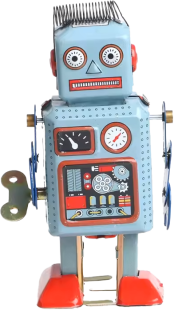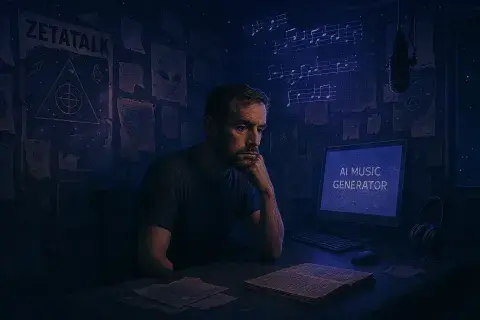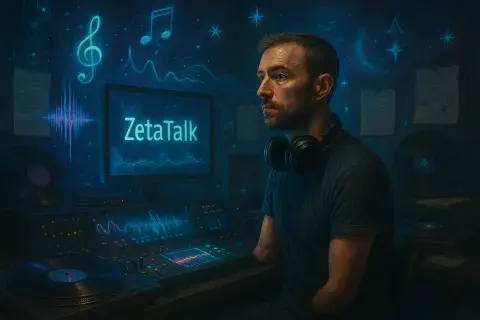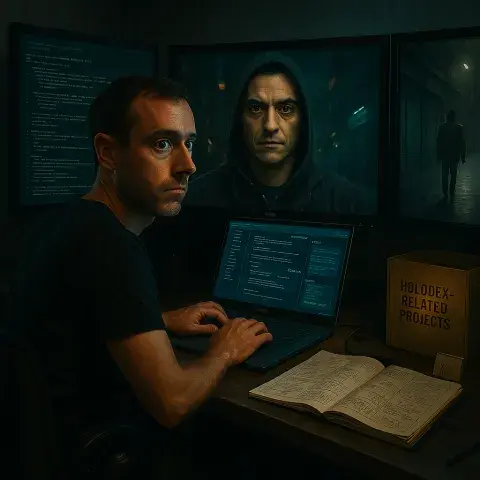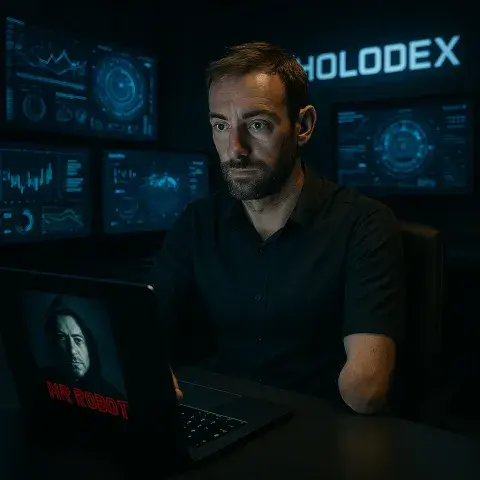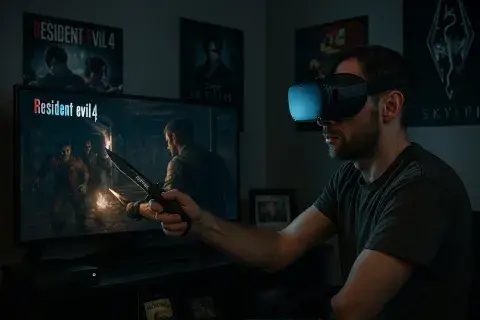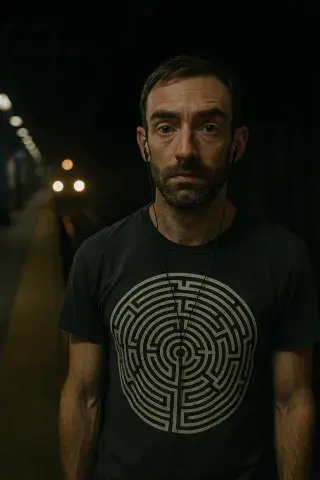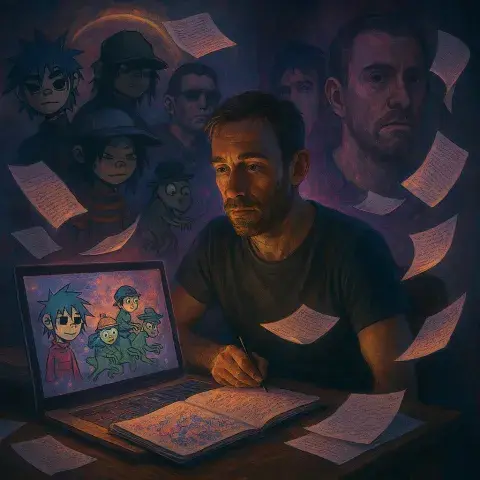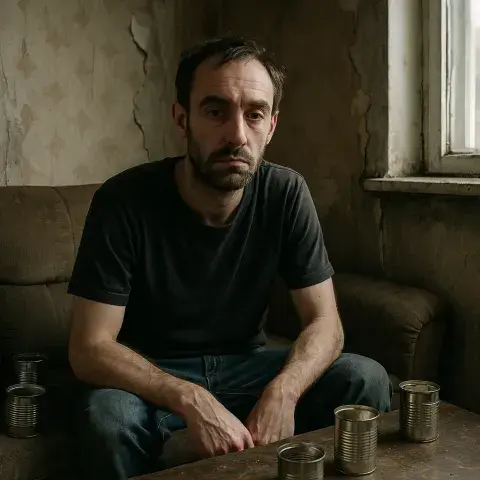Chapter 4 - God Mode Philosophy
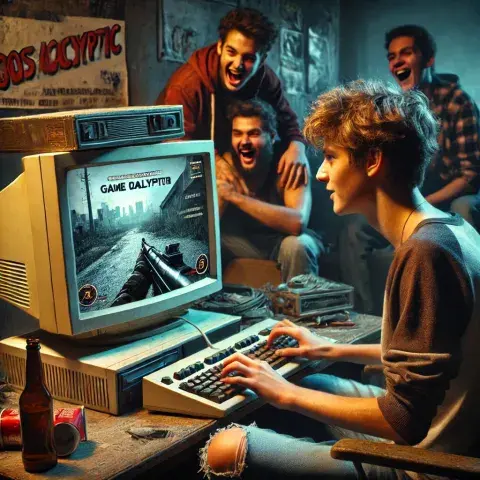
When I was 15, I discovered something that would blow my creative obsession wide open: Quake. It wasn’t just a game; it was a canvas for chaos, and I had a paintbrush made of code.
I started messing around with the game, diving into its files and hacking it to bits. Before long, I’d customised everything—the characters, the levels, even the dialogue. My friends and I turned death matches into full-blown comedy routines, battling against avatars we’d created to represent ourselves, complete with all our ridiculous trademark sayings.
Imagine a grim, post-apocalyptic battlefield echoing with smack talk like, “Oi, pass me the ketchup!” or “You’re going down faster than last night’s curry!” It was absolutely hilarious. Every frag was met with roaring laughter, not just because someone lost but because the game would scream out some absurd catchphrase we’d forgotten we’d even programmed.
The best part wasn’t just playing—it was creating. I was obsessed with tweaking the game, bending it to my will. It wasn’t enough to just be good at Quake; I wanted it to feel like ours, like a reflection of the stupid, brilliant world we’d created together.
Looking back, it was probably one of the earliest signs of my love for building and shaping experiences. The raw creativity of turning something pre-made into something uniquely ours felt like magic. It wasn’t about breaking the rules—it was about rewriting them.
And honestly? I think we had more fun hacking the game than actually playing it.
The big thing about Quake wasn’t just that it was a game—it was a revolution. It was one of the first fully 3D games ever made, and for those of us who experienced it when it was new, the leap from 2D sprites to full 3D environments felt like stepping into another dimension entirely.
I remember booting it up for the first time and being awestruck. The world wasn’t flat anymore—it had depth, shadows, and an eerie, immersive atmosphere that pulled you in. It wasn’t just about playing a game; it was about being there.
That shift wasn’t just technological—it was philosophical. If a flat, simple 2D world could evolve into a living, breathing 3D experience, what did that say about reality itself? Was our understanding of life similarly limited, confined to a kind of "2D" perspective? Could there be layers of depth and complexity in our world that we hadn’t yet grasped?
Quake wasn’t just entertainment; it was a mirror, reflecting back the questions I’d always had about existence. What else were we missing? What other leaps in understanding were waiting for us, just beyond the horizon?
It was strange to think a game could inspire existential musings, but that’s what it did. It made me question everything—our perceptions, our limitations, and the potential for unseen dimensions in every aspect of life. And maybe that’s what true innovation does—it doesn’t just change how we play; it changes how we see.
I didn’t know it then, but Quake gave me my first taste of building a universe—and I’ve been chasing that feeling ever since.

